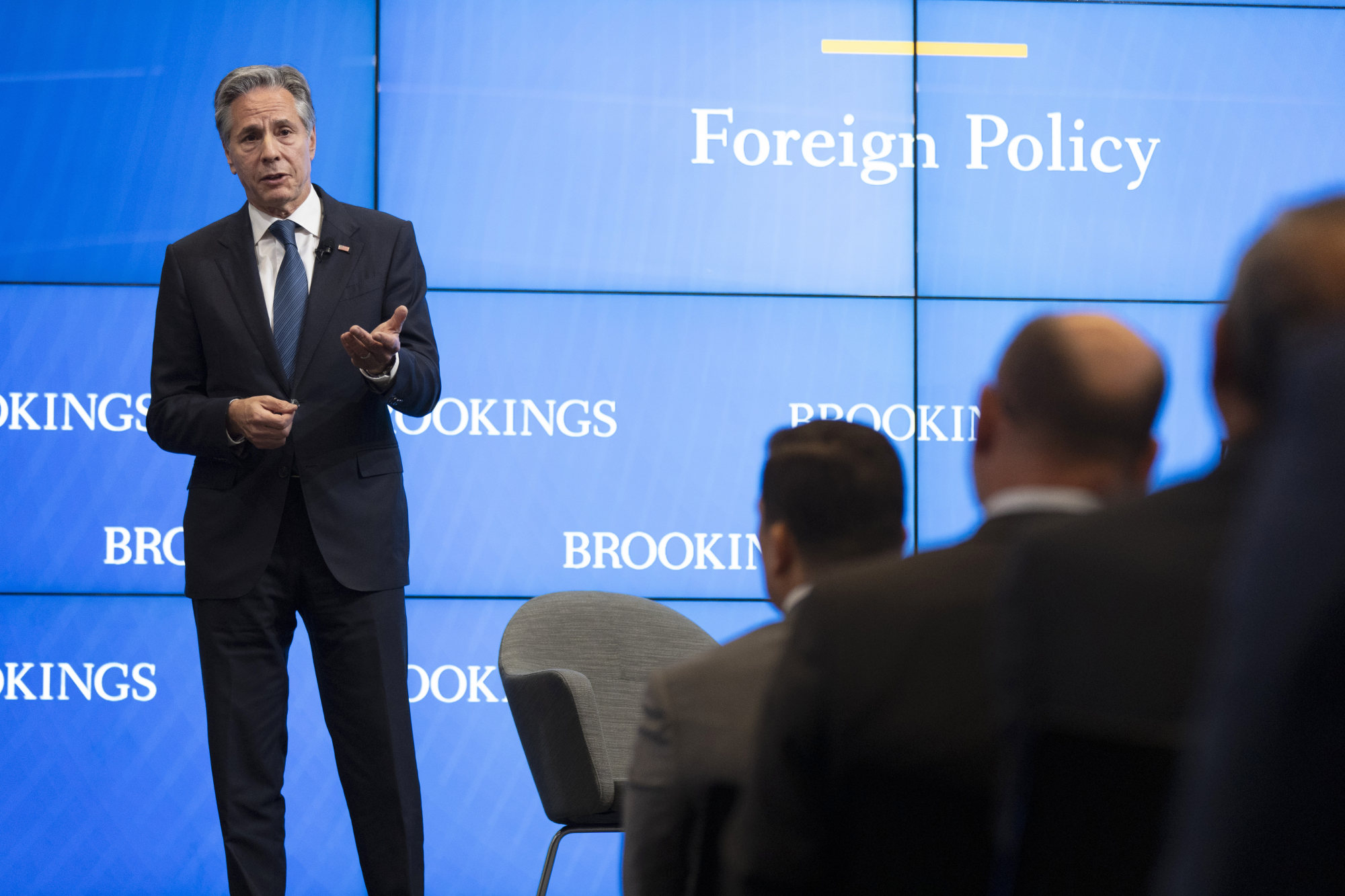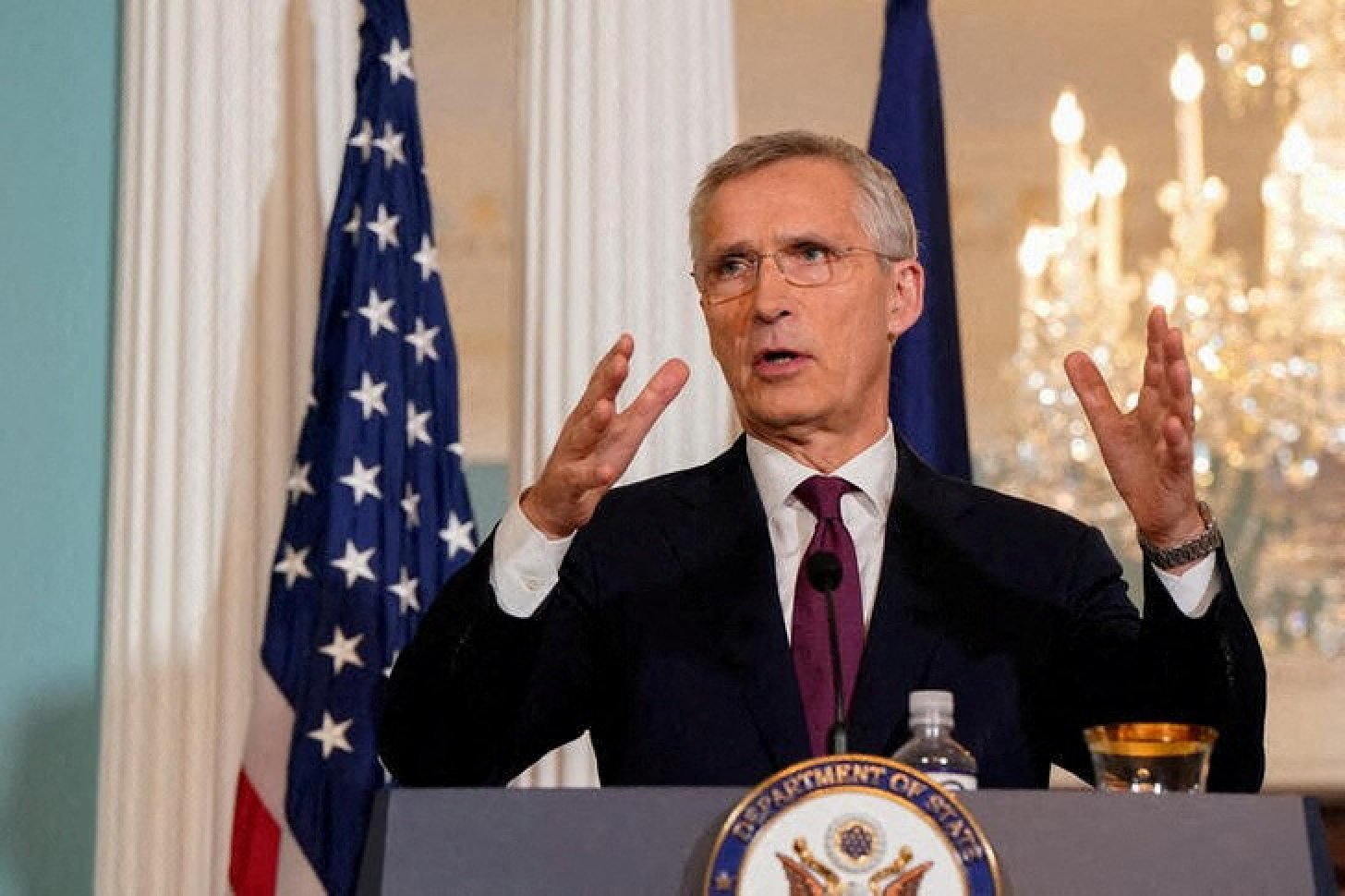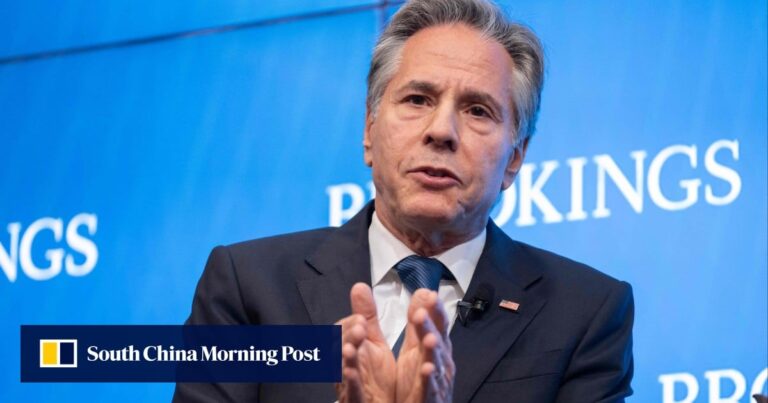“Our European partners see the challenges in Asia, on the other side of the world, as relevant to them, and similarly, our Asian partners see the challenges in Europe, on the other side of the world, as relevant to them,” Blinken said.
He noted that in a joint statement last year, NATO and Japanese Prime Minister Fumio Kishida said, “What is happening in Europe could happen tomorrow in Asia,” in reference to Russia’s war in Ukraine.
Australia, New Zealand, Japan and South Korea are NATO’s partners in the Indo-Pacific region and will take part in the summit, which begins on July 9. They will meet with leaders of NATO’s 32 member states at the three-day summit, the first since Sweden joined NATO.

“Russia’s growing alliance with authoritarian friends in Asia makes it even more important that we work closely with our friends in the Indo-Pacific region,” Stoltenberg said.
Blinken said NATO was “working to ensure that we have adequate defense capabilities across our alliance, where they are needed, where they matter.”
“That’s been a clear trajectory over the last three and a half years, and I don’t see that changing, regardless of the current political climate,” he said.
Blinken echoed Stoltenberg’s calls for closer cooperation, saying the United States would continue to confront the challenges posed by China by “reinvesting in our alliances and partnerships,” adding that China-Russia relations “have significant implications for Europe.”
“China [is] “In effect, you’re investing in Russia’s defense industrial base and continuing Russian aggression. You’re not directly providing weapons to Russia, but you’re providing all the inputs that are necessary to sustain this war,” he said, noting that most of the machine tools and microelectronics that Russia imports are made in China.
“Despite the significant impact of sanctions and export controls, mass production of tanks, munitions and missiles is now taking place, again made possible by this defense industrial base,” he said.
China has repeatedly pushed back against U.S. warnings about its ties with Moscow. It denies providing arms to countries at war and insists it has strict controls over the export of dual-use weapons.
“The US side should stop baselessly slandering and scapegoating China, and stop disrupting normal trade and economic exchanges between China and Russia,” Chinese Foreign Ministry spokesman Mao Ning said on Friday.

A similar view was expressed in a recent report on China-Russia cooperation by three think tanks from the UK, Germany and the US.
“Beijing’s support for Russia transforms China into a security threat that must be contained, not just a ‘partner, competitor or systemic rival’ as the European Union sees it,” said the report, co-authored by Chatham House, MERICS and the German Marshall Fund of the United States and released on Wednesday.
“Ending the war in Ukraine will require persuading China that it is in its long-term interest to stop helping Russia rebuild its military-industrial base.”
“Europe needs to present Beijing with a tougher choice: continue to support Russia and face the consequences, or curb its support for Russia’s war efforts and continue to maintain close trading ties with its key economic partners,” he added.
To prevent China from exporting dual-use goods crucial to Russia’s war effort, the EU could expand restrictions on companies evading sanctions, the report said. Possible measures could include implementing export restrictions on companies or working with G7 countries to impose secondary sanctions.

